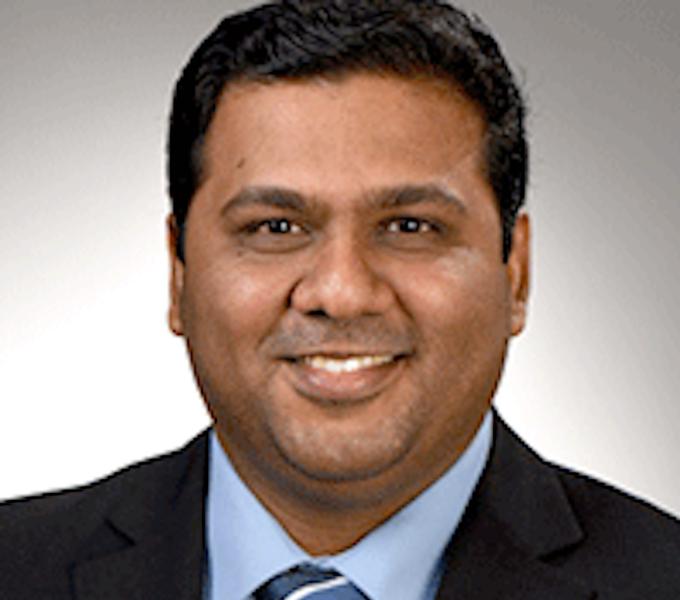Dr. Vijayan is an Assistant Professor in the Department of Diagnostic Sciences and the Director of 3D-Printing and Advanced Technologies at the University of Pittsburgh School of Dental Medicine. Dr. Vijayan completed his Bachelor of Dental Surgery (B.D.S.) from India. He has a master’s in public health from the University of Texas Health Science Center at Houston School of Public Health. He completed his residency from The University of Iowa College of Dentistry and Dental Clinics with a Certificate in Oral and Maxillofacial Radiology and a Master’s in Oral Sciences. Dr. Vijayan’s research interests include cone beam CT, 3D printing, image analysis and artificial intelligence. Dr. Vijayan is the lead in an artificial intelligence research project on improving image quality of cone beam CT images. He is also working on examining the effectiveness of using LLMs like ChatGPT in dentistry and dental education. He is currently working on multiple projects on implementing 3D printing in dental school curriculum to train future corps of dentists in using this rapidly advancing technology for use in clinical care and education. Other projects included using 3D printing in dental education and in forensics. Future research projects in the pipeline include working with “metamaterials” and space medicine 3D printing including 4D printing. Metamaterials are possible new materials with complex geometry. 3D printing in space might enable these materials to be printed in different orientations which could change physical characteristics of the 3D printed object. The effect of printing in microgravity might change the effect on 3D printed objects over time enabling specific time frames in which appliances could be activated for example in orthodontic treatment. 3D printing in space and its effect on printing geometry and material properties are still in nascent research stage. Incorporating metamaterial structures along with 3D printing in space gives us an opportunity to create newer appliances and implants and new areas of study relating to how this can affect human dentition and development.

